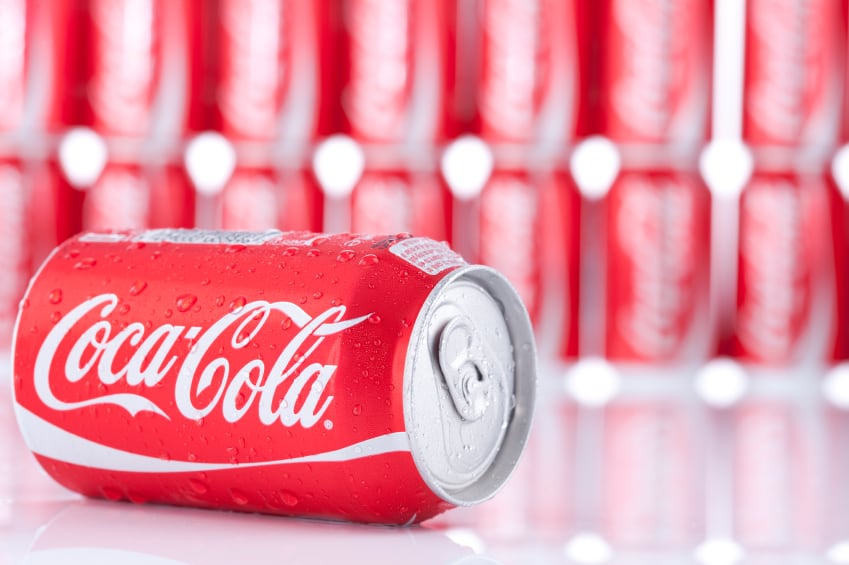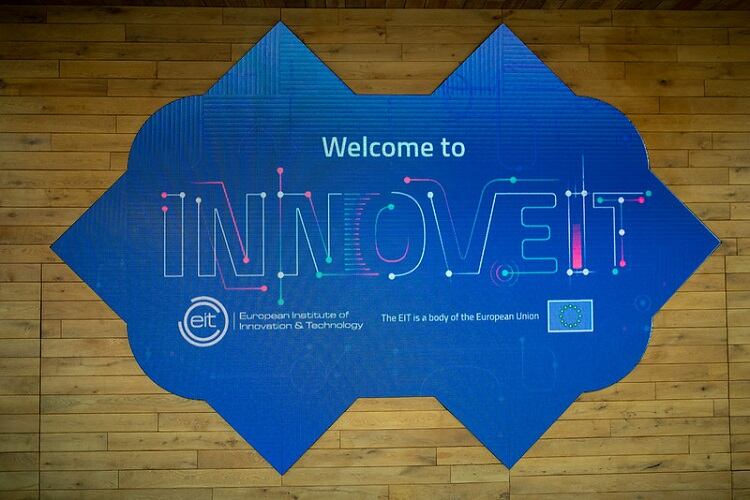"We consider that diversion and inclusivity is very much business critical,” Leendert Den Hollander, Vice President & General Manager at Coca-Cola European Partners told the recent IGD Live event in London. “You can look at all the science; you can look at all the data and you read from that that the more inclusive, the more diverse businesses deliver better performance.”
The FMCG giant has developed a company-wide ‘Be Yourself, Be Valued, Belong’ philosophy, which espouses values that clients and employees increasingly expect, claimed Den Hollander. "We want to create a culture where everyone can be themselves so we can actually build a culture where people add to the culture rather than fit into the culture."
The approach aims to create a workplace environment that builds confidence and supports ambitions for all staff, regardless of difference, background or personality. CCEP believes that a diverse workforce leads to better business results and increased innovation.
“If you look at all the customers we serve you could argue we have the most diverse customer portfolio,” pointed out Den Hollander. “Therefore we want to be a reflection of society."
‘No one can opt out’
Den Hollander insisted the approach was a ‘philosophy, not a strategy’, and one that ‘no one can opt out of’. “With a strategy, you can agree or disagree. But with inclusion and diversity, you can't disagree. So we've said it's a philosophy and that means no one can opt out.”
There are many facets to how the approach works in practice. Teams might be encouraged to share a picture of something that ‘makes them feel vulnerable’. External speakers might be invited in to discuss issues surrounding mental health or discrimination. Staff might be allowed days off to mark their own religious tradition. Members of the leadership team might be given a 'reverse mentor' from within the ‘Just Be’ ambassador group.
"The pairings are very diverse and the idea is that the leadership get to experience the organisation through a really different lense and it creates a rich dialogue," explained Catherine Gillespie, HR Director at Coca-Cola European Partners.
The company also has diversity targets on gender, ethnicity and 'generation' in its hiring process, although the eventual decision is made on merit.
Woke-a-cola

In general, leaders within the organisation are encouraged to be more 'consciously inclusive'.
"A phrase I buy into is that if you're not consciously including people, you're likely to be sub-consciously excluding people,” added Den Hollander. “We think [inclusion] should be part of the conversation and we bring our senior leaders across the business together on a quarterly basis to talk about this and the progress that they are making.”
Progress is also measured through an engagement survey. “Every six months staff fill out 33 questions to gauge how valued they are, their sense of belonging and being valued, and their sense of being yourself.” According to Den Hollander, these measurements are ‘increasing all the time’.
2018 progress
According to its gender pay gap in April 2018, CCEP had a median gender pay gap of 8.9% (the same as the gender pay gap among full-time employees in the UK as a whole), meaning women earn 91p for every £1 that men earn. This was down from a gender pay gap of 10.7% the previous year.
When comparing mean bonus pay, women’s mean bonus pay was 29.1% lower than men’s, down from 40.5% the year previously. However, the median figure revealed that women earned a 25.7% higher bonus on average than male colleagues and up from the 10.7% figure recorded in 2017.
The data also revealed the representation of females in leadership roles rising from 35% in 2017 to 38% in 2018. CCEP has a target of increasing this to 50% in the UK by 2025.
‘We all need to be on the same page’
Den Hollander acknowledged there was work ‘to make sure we all get on the same page with what we're trying to do’.
“Different people are at different starting points and that's fine,” he said. “It takes an effort to make sure that everyone gets the awareness, the knowledge, the tools and the tricks to actually help them on a daily business to make our business is more inclusive and more diverse."
He repeated: "It is a philosophy not a strategy: you can't disagree with a philosophy. For us that's a really important point and we are pretty strong on that. We will do everything we possibly can to get everyone on the same page but there will be a moment when people have to say 'I’m doing this' because this is not something that is going to go away.”





